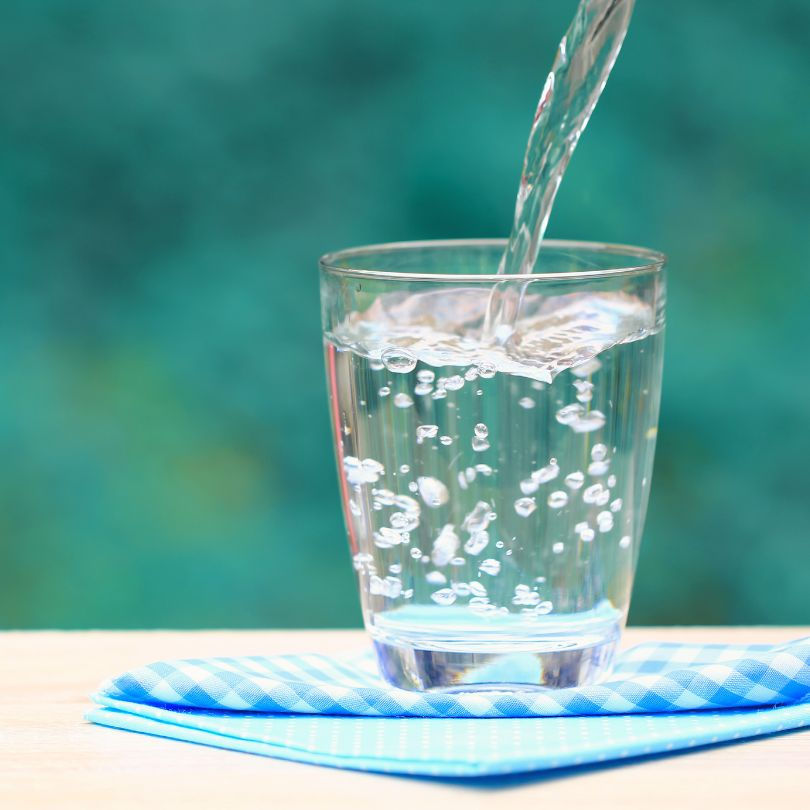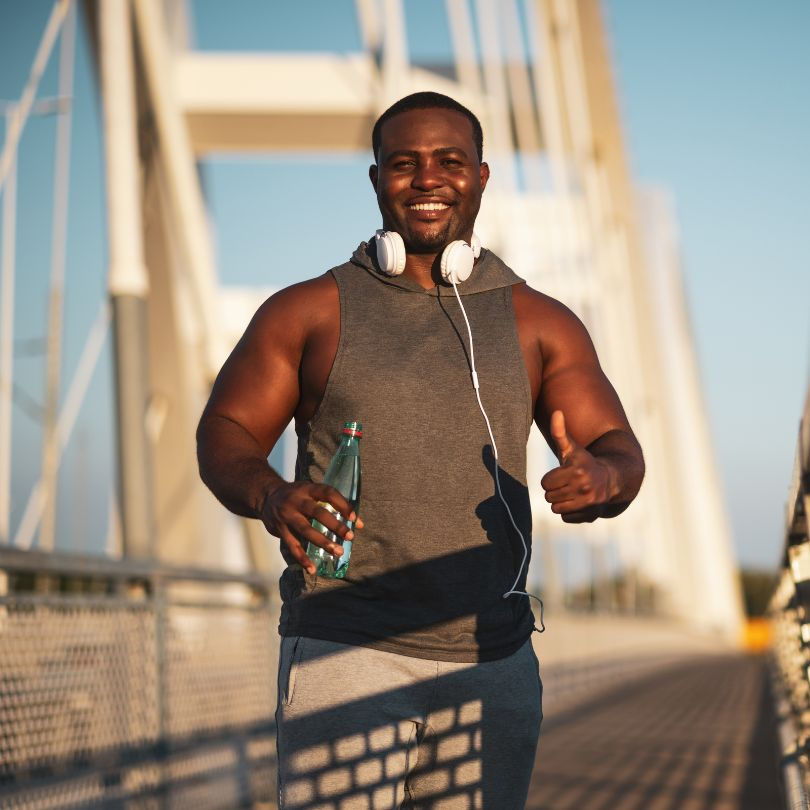How Long Does It Take to Rehydrate?
- chris116736
- 1 day ago
- 3 min read

Staying hydrated is needed to feel your best mentally, physically, and emotionally. But what happens when you become dehydrated? Whether you've been sweating in the heat, recovering from a stomach bug, or simply haven't been drinking enough water, you might find yourself wondering: How long does it take to rehydrate?
The answer depends on several factors, including how dehydrated you are, your method of rehydration, and your body's overall health. Let's break it down.
Understanding Dehydration
Dehydration occurs when your body is losing more fluids than it is taking in. Common causes include:
Excessive sweating from exercise or hot weather
Illnesses such as vomiting, diarrhea, or fever
Alcohol consumption
Not drinking enough fluids, especially during illness or activity
Symptoms can range from mild (dry mouth, thirst, fatigue) to severe (dizziness, rapid heartbeat, confusion). The sooner you address dehydration, the better your body will respond.
How Long Does Rehydration Take with Water Alone?
For most people with mild dehydration, drinking water or electrolyte-rich fluids can start to make a difference in about 30 to 60 minutes. Your body begins absorbing water as soon as it hits your stomach, but full rehydration can take several hours, depending on the severity of your fluid loss.
Moderate dehydration may take 6 to 24 hours to fully resolve if you're just drinking fluids and eating hydrating foods. If your electrolytes (like sodium, potassium, and magnesium) are out of balance, your body needs time to restore those levels, too.
Severe dehydration, especially when caused by illness or heatstroke, often requires medical attention, and that's where IV hydration treatments can make a huge difference.
Why Electrolytes Matter
Rehydration isn't just about drinking water. Your body needs electrolytes, too, especially if you've lost a lot of fluids through sweat, vomiting, or diarrhea. Electrolytes help regulate nerve function, muscle contractions, and fluid balance. That's why sports drinks, coconut water, and rehydration solutions often contain a mix of sodium, potassium, and sugar to help your body absorb water more efficiently.
How IV Hydration Treatments Work
For people who need faster, more effective rehydration or simply don't feel up to drinking large amounts of fluid, IV hydration therapy can be a game-changer.
IV hydration treatments deliver fluids, electrolytes, and sometimes vitamins straight into your bloodstream via an intravenous (IV) line. This bypasses your digestive system, letting your body to absorb what it needs almost immediately.
Benefits of IV Hydration:
Rapid absorption: Fluids are absorbed faster than drinking water
Efficient electrolyte balance: Treatments are tailored to restore what your body is lacking
Customizable: Many IV drips can include B vitamins, vitamin C, magnesium, and more
Immediate relief: People often report feeling noticeably better within 15 to 30 minutes
IV hydration is especially helpful for:
Hangovers
Intense workouts or sports recovery
Illness-related dehydration
Migraines
Fatigue
Travel and jet lag
In many cases, a single 30- to 45-minute IV session can rehydrate the body much faster than oral fluids alone. That's why it's become such a popular wellness service, even available through mobile IV therapy providers who come directly to your home, office, or hotel.
So, What's the Best Option for You?
If you're only mildly dehydrated, sipping water or an electrolyte drink and eating water-rich foods like fruit should be enough. You may start feeling better within an hour or two. The key is consistency, don't just gulp a glass of water and call it a day.
But if you're dealing with more serious symptoms, illness, or just need to bounce back quickly, IV hydration can cut your recovery time significantly. You don't have to wait hours for your body to slowly absorb what it needs; you'll feel the effects much faster.
IV therapy isn't just for hospitals anymore. Mobile IV services make it convenient to get rehydrated safely and efficiently without ever leaving your house. It's also a great option for athletes, busy professionals, frequent travelers, and anyone recovering from dehydration.
Tips for Staying Hydrated
To avoid dehydration in the first place, keep these tips in mind:
Drink consistently throughout the day, not just when you're thirsty
Carry a reusable water bottle and set reminders to sip
Eat hydrating foods like cucumbers, watermelon, oranges, and soups
Monitor your urine; light yellow is a sign of good hydration
Replenish electrolytes if you're sweating heavily or are sick
Limit dehydrating substances like alcohol and caffeine
In Summary
The time it takes to rehydrate varies anywhere from a few hours with oral fluids to just 30 minutes with IV therapy. Your hydration strategy should match your level of dehydration, your symptoms, and your lifestyle.
Whether you're just a bit parched or completely wiped out, don't underestimate the power of proper hydration. Your energy, mood, and body will be grateful, and in today's fast-paced world, it's good to know that IV hydration treatments are there when you need fast, effective results.





Comentários